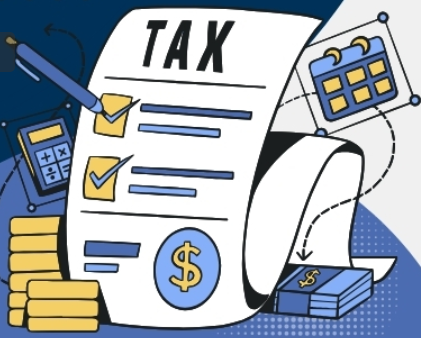
Are you considering buying your first home and are confused about how to handle taxes as a first-time homeowner?
Tax laws vary significantly state by state. Thus, handling taxes as a new homeowner can be overwhelming, especially since you’re setting up all kinds of new systems.
While some people know everything about this subject, others can be clueless about it.
Experts recommend hiring a tax filing service to ensure that your tax reports are accurate and error-free. Nidhi Jain CPA offers reliable and affordable tax filing services to individuals and businesses in California.
This guide can help out first-time new homeowners with their taxes. Take a look:
1. Do Your Homework When You Buy a Home
Before you buy, make sure you understand the home’s current tax situation. If you’re buying from an estate or trust, consult a tax expert and ensure there are no liens or outstanding taxes before making an offer.
2. Understand Your Tax Bracket
The tax bracket is the range of income you fall into for federal, state, and local taxes. It’s important to understand your tax bracket so you can make sure you’re paying the right amount of tax and not overpaying.
Your tax bracket is calculated by the IRS based on your filing status, personal exemption amount, and taxable income, among other things.
The following tax brackets apply to homeowners:
- The first $20,000 of your gross annual income is taxed at 10 percent.
- The next $30,000 of your gross annual income is taxed at 15 percent.
- The remaining amount of your gross annual income over $25,000 is taxed at 25 percent.
3. Understand the Constitution
Make sure you understand what constitutes a rental property and what it means for your taxes. To qualify as a rental property, you must have an agreement with someone else who will occupy the property and make improvements to it. If you don’t have that agreement, then all of the income from the property will be yours.

4. Maintain All Records
Keep good records of all expenses related to running your rental property (such as utilities). You may also want to consult an accountant who specializes in small businesses so that they can help identify specific deductions that could be available in addition to any standard deductions
If you’re looking for a professional tax preparation service as homeowner in San Francisco Bay Area, Nidhi Jain CPA has got you covered. We provide innovative tax planning and individual tax filing services. Our highly qualified and experienced certified public accountants in USA also offer back tax solutions, bookkeeping, and payroll services.
Call us today to learn more about our professional accounting services.



